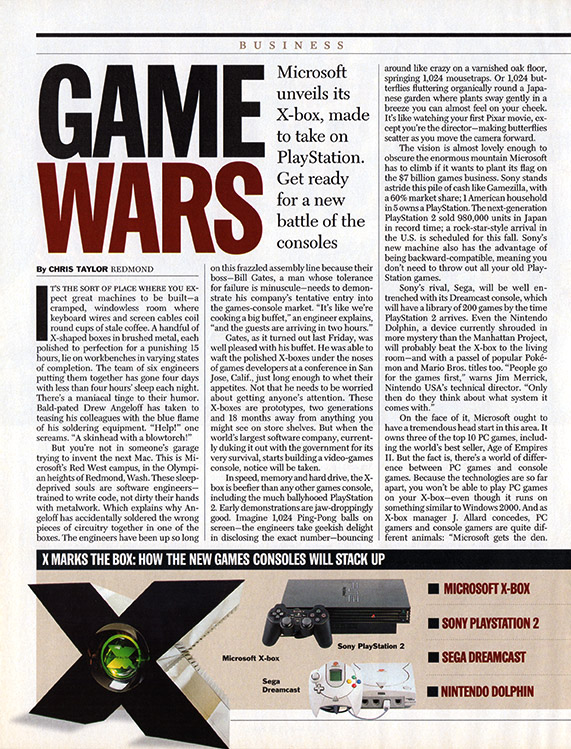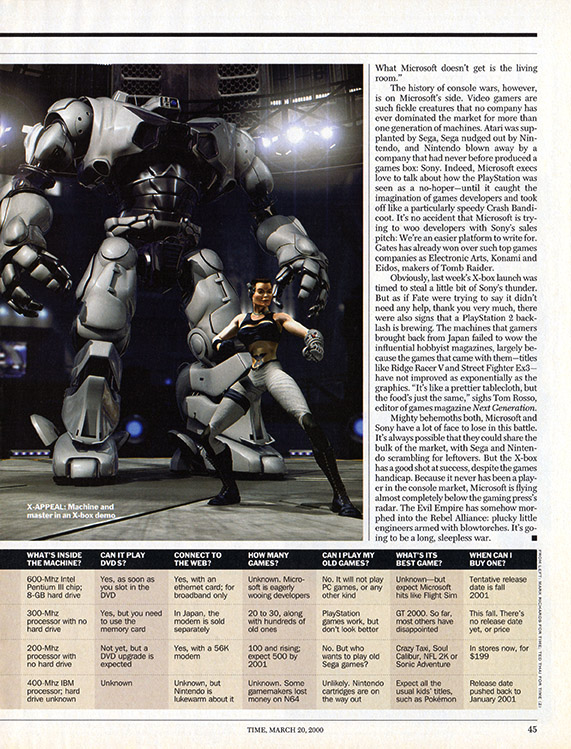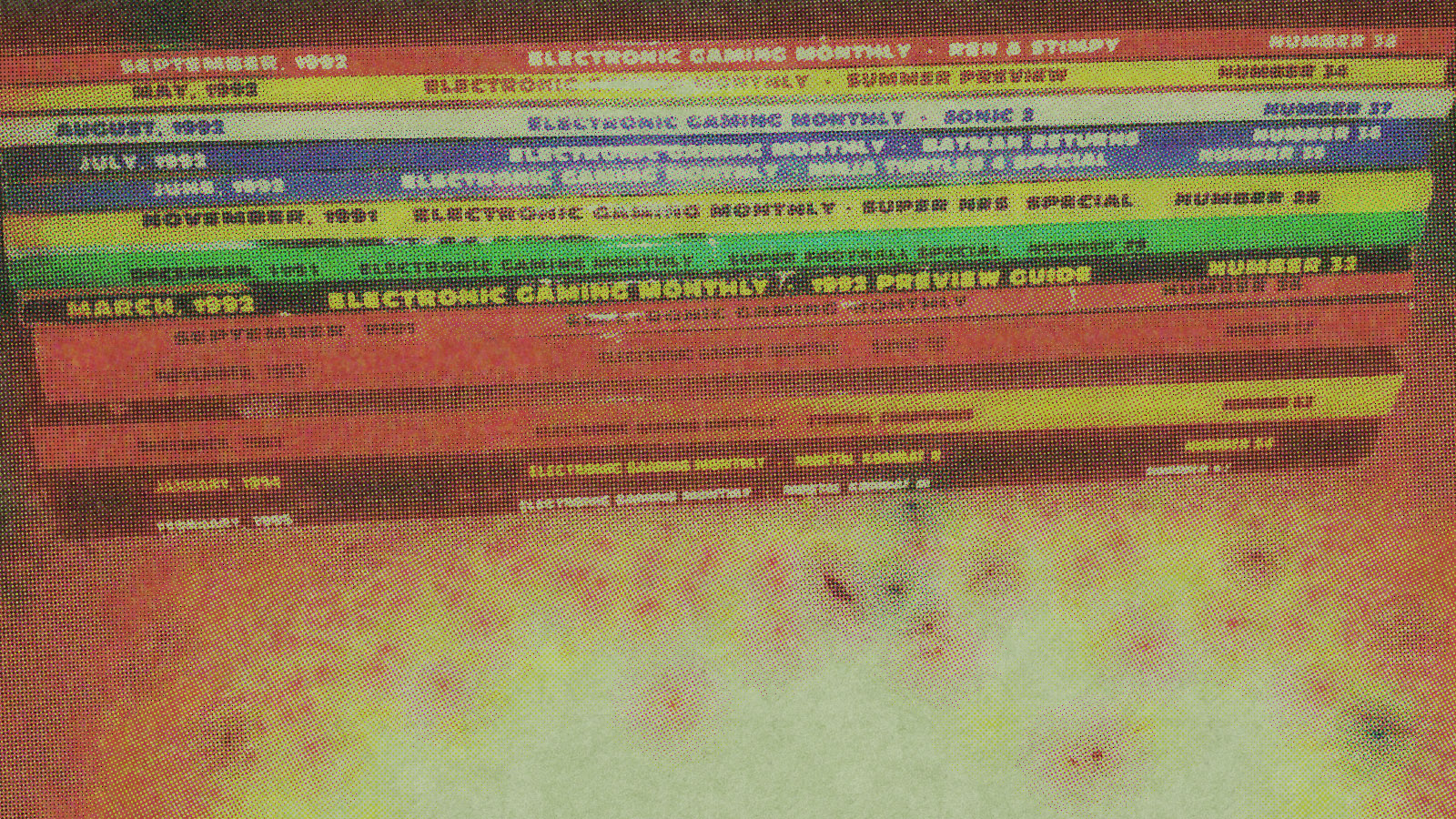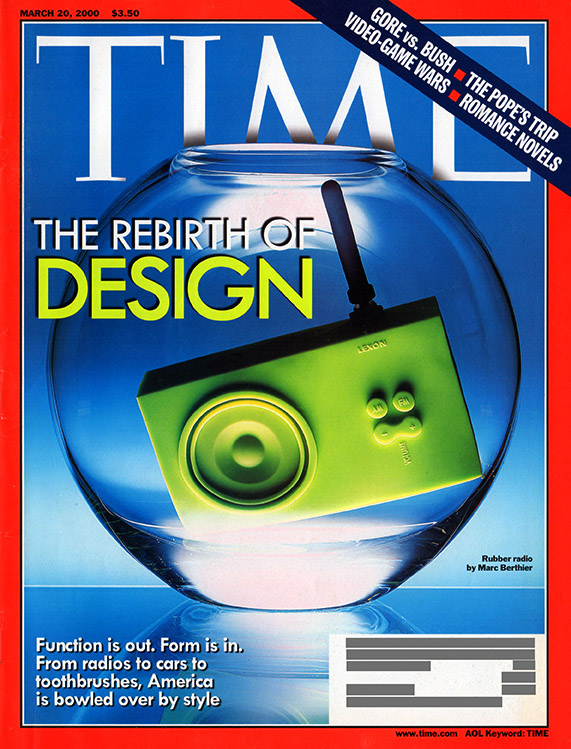
Business
Game Wars
Microsoft unveils its X-box, made to take on PlayStation. Get ready for a new battle of the consoles
IT’S THE SORT OF PLACE WHERE YOU EXPECT great machines to be built—a cramped, windowless room where keyboard wires and screen cables coil round cups of stale coffee. A handful of X-shaped boxes in brushed metal, each polished to perfection for a punishing 15 hours, lie on workbenches in varying states of completion. The team of six engineers putting them together has gone four days with less than four hours’ sleep each night. There’s a maniacal tinge to their humor. Bald-pated Drew Angeloff has taken to teasing his colleagues with the blue flame of his soldering equipment. “Help!” one screams. “A skinhead with a blowtorch!”
But you’re not in someone’s garage trying to invent the next Mac. This is Microsoft’s Red West campus, in the Olympian heights of Redmond, Wash. These sleep-deprived souls are software engineers—trained to write code, not dirty their hands with metalwork. Which explains why Angeloff has accidentally soldered the wrong pieces of circuitry together in one of the boxes. The engineers have been up so long on this frazzled assembly line because their boss—Bill Gates, a man whose tolerance for failure is minuscule—needs to demonstrate his company’s tentative entry into the games-console market. “It’s like we’re cooking a big buffet,” an engineer explains, “and the guests are arriving in two hours.”
Gates, as it turned out last Friday, was well pleased with his buffet. He was able to waft the polished X-boxes under the noses of games developers at a conference in San Jose, Calif., just long enough to whet their appetites. Not that he needs to be worried about getting anyone’s attention. These X-boxes are prototypes, two generations and 18 months away from anything you might see on store shelves. But when the world’s largest software company, currently duking it out with the government for its very survival, starts building a video-games console, notice will be taken.
In speed, memory and hard drive, the Xbox is beefier than any other games console, including the much ballyhooed PlayStation 2. Early demonstrations are jaw-droppingly good. Imagine 1,024 Ping-Pong balls on screen-the engineers take geekish delight in disclosing the exact number-bouncing around like crazy on a varnished oak floor, springing 1,024 mousetraps. Or 1,024 butterflies fluttering organically round a Japanese garden where plants sway gently in a breeze you can almost feel on your cheek. It’s like watching your first Pixar movie, except you’re the director—making butterflies scatter as you move the camera forward.
The vision is almost lovely enough to obscure the enormous mountain Microsoft has to climb if it wants to plant its flag on the $7 billion games business. Sony stands astride this pile of cash like Gamezilla, with a 60% market share; 1 American household in 5 owns a PlayStation. The next-generation PlayStation 2 sold 980,000 units in Japan in record time; a rock-star-style arrival in the U.S. is scheduled for this fall. Sony’s new machine also has the advantage of being backward-compatible, meaning you don’t need to throw out all your old PlayStation games.
Sony’s rival, Sega, will be well entrenched with its Dreamcast console, which will have a library of 200 games by the time PlayStation 2 arrives. Even the Nintendo Dolphin, a device currently shrouded in more mystery than the Manhattan Project, will probably beat the X-box to the living room—and with a passel of popular Pokemon and Mario Bros. titles too. “People go for the games first,” warns Jim Merrick, Nintendo USA’s technical director. “Only then do they think about what system it comes with.”
On the face of it, Microsoft ought to have a tremendous head start in this area. It owns three of the top 10 PC games, including the world’s best seller, Age of Empires II. But the fact is, there’s a world of difference between PC games and console games. Because the technologies are so far apart, you won’t be able to play PC games on your X-box—even though it runs on something similar to Windows 2000. And as X-box manager J. Allard concedes, PC gamers and console gamers are quite different animals: “Microsoft gets the den. What Microsoft doesn’t get is the living room.”
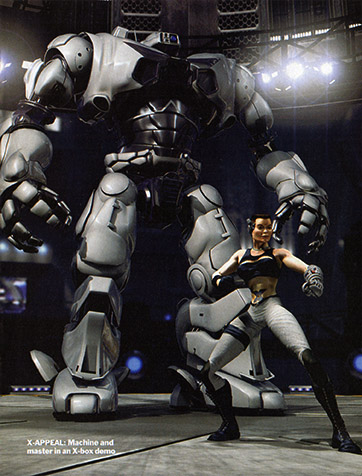
The history of console wars, however, is on Microsoft’s side. Video gamers are such fickle creatures that no company has ever dominated the market for more than one generation of machines. Atari was supplanted by Sega, Sega nudged out by Nintendo, and Nintendo blown away by a company that had never before produced a games box: Sony. Indeed, Microsoft execs love to talk about how the PlayStation was seen as a no-hoper—until it caught the imagination of games developers and took off like a particularly speedy Crash Bandicoot. It’s no accident that Microsoft is trying to woo developers with Sony’s sales pitch: We’re an easier platform to write for. Gates has already won over such top games companies as Electronic Arts, Konami and Eidos, makers of Tomb Raider.
Obviously, last week’s X-box launch was timed to steal a little bit of Sony’s thunder. But as if Fate were trying to say it didn’t need any help, thank you very much, there were also signs that a PlayStation 2 backlash is brewing. The machines that gamers brought back from Japan failed to wow the influential hobbyist magazines, largely because the games that came with them—titles like Ridge Racer V and Street Fighter Ex3—have not improved as exponentially as the graphics. “It’s like a prettier tablecloth, but the food’s just the same,” sighs Tom Rosso, editor of games magazine Next Generation.
Mighty behemoths both, Microsoft and Sony have a lot of face to lose in this battle. It’s always possible that they could share the bulk of the market, with Sega and Nintendo scrambling for leftovers. But the X-box has a good shot at success, despite the games handicap. Because it never has been a player in the console market, Microsoft is flying almost completely below the gaming press’ s radar. The Evil Empire has somehow morphed into the Rebel Alliance: plucky little engineers armed with blowtorches. It’s going to be a long, sleepless war.
Source Pages
